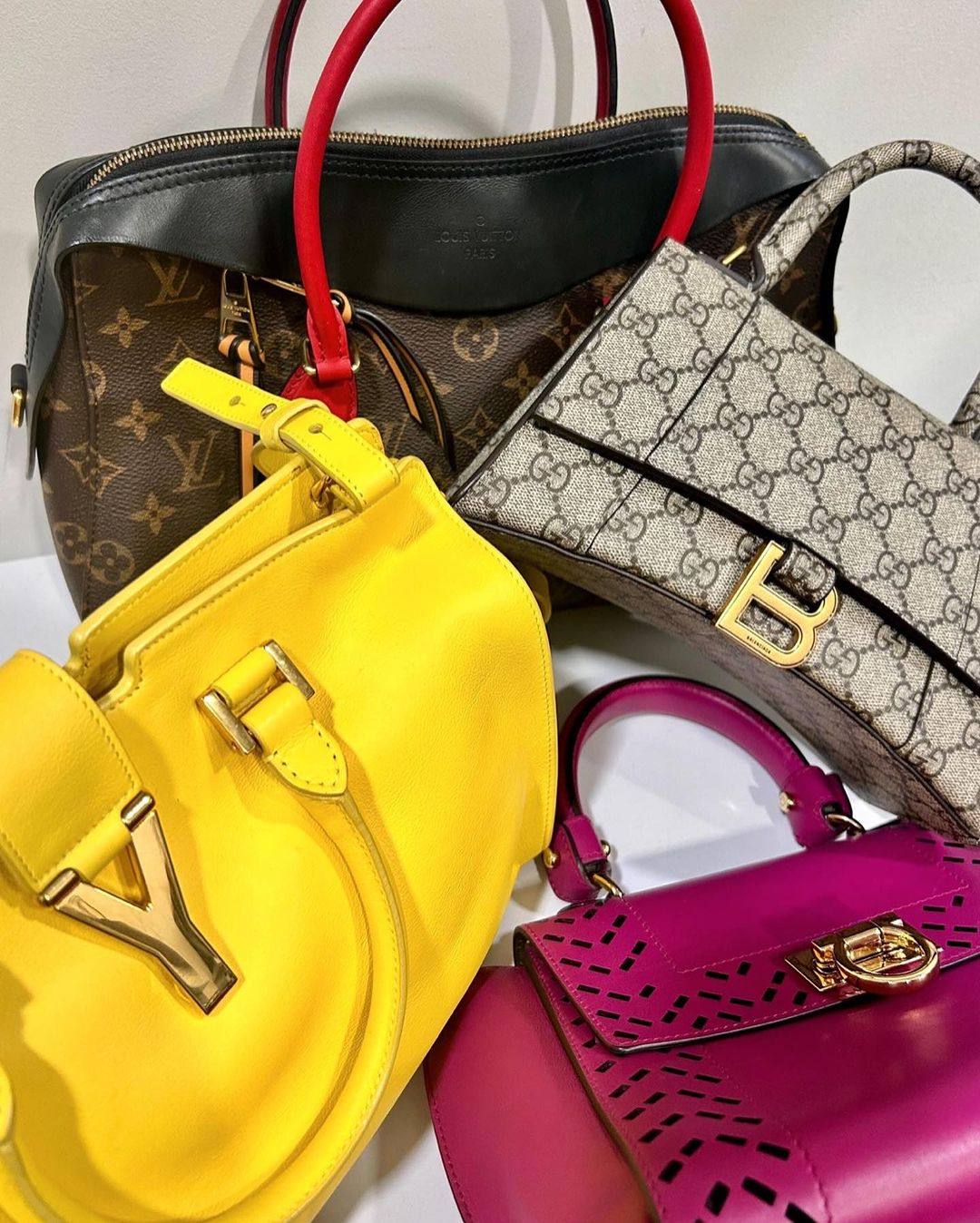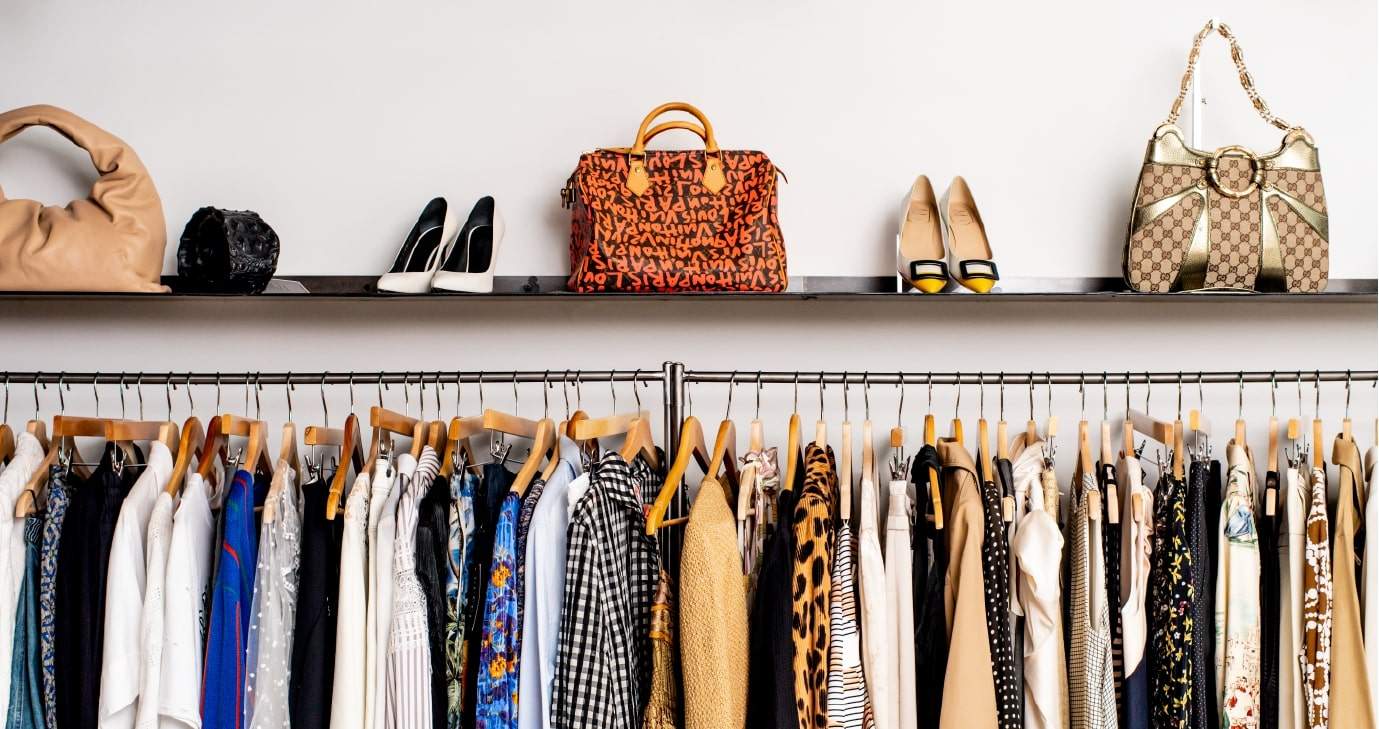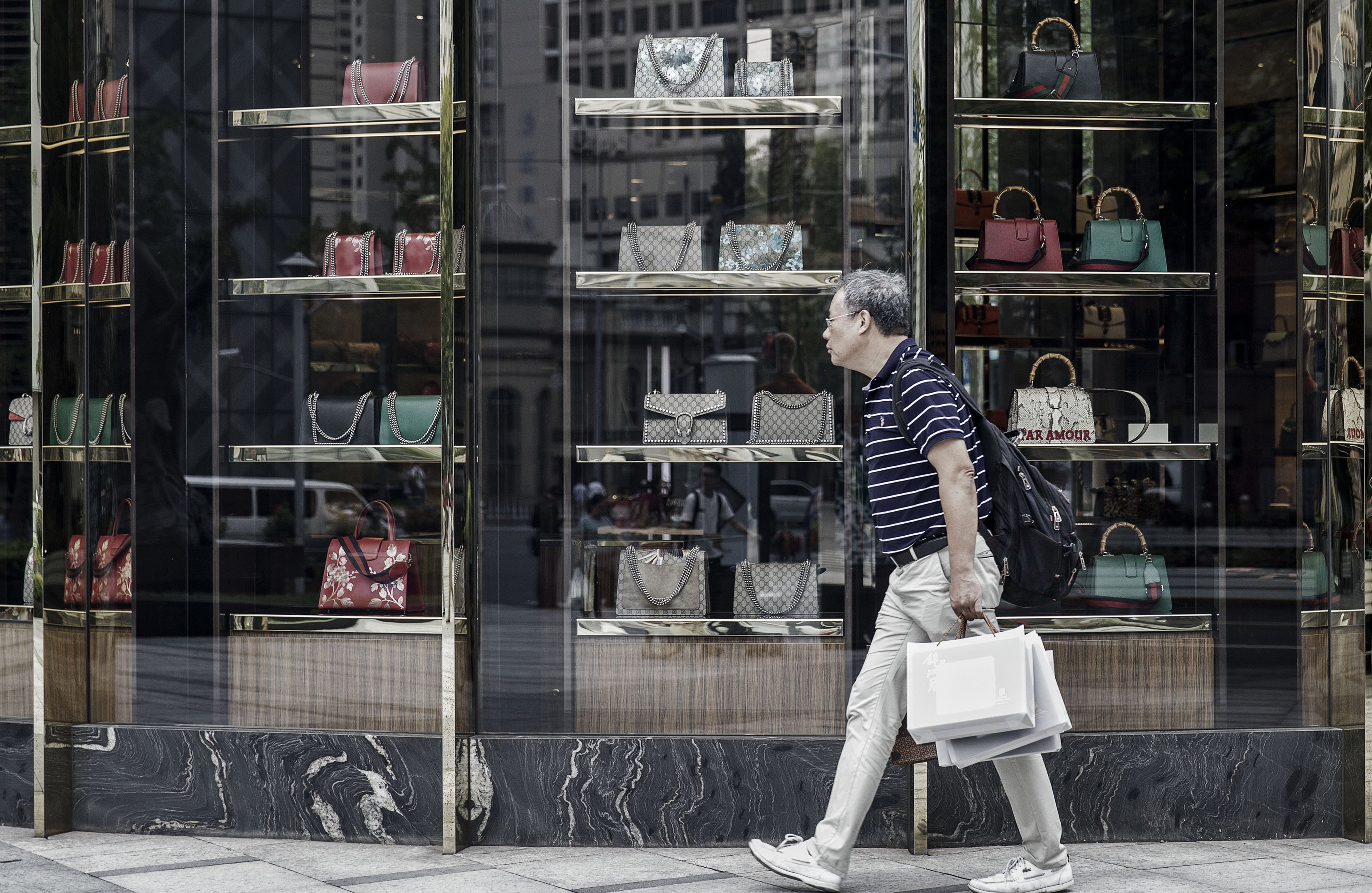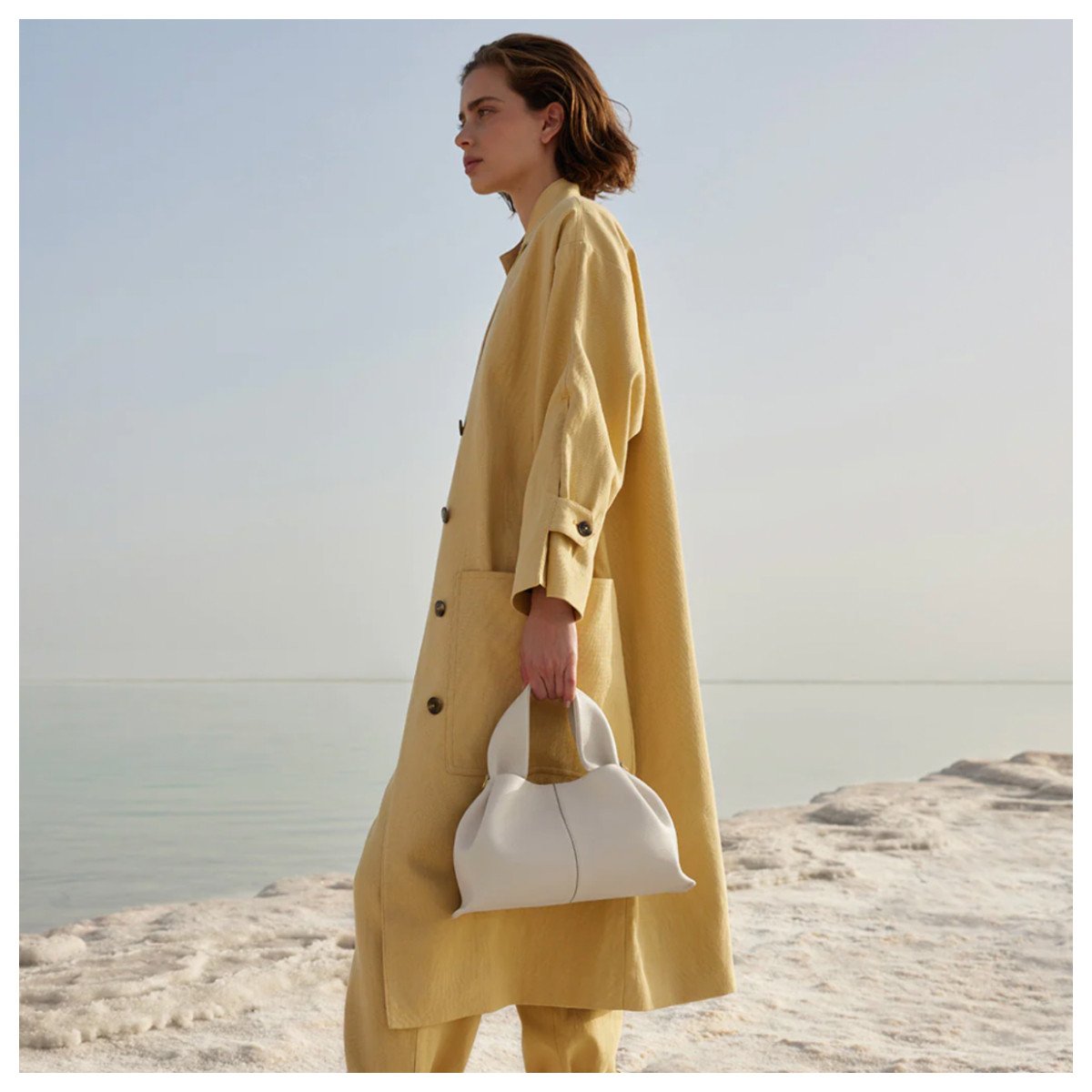Can the blockchain truly battle fake luxury fashion? LVMH, Mercedes-Benz, Prada Group, Richemont and OTB founded Aura Consortium to authenticate their goods – but not everyone buys it
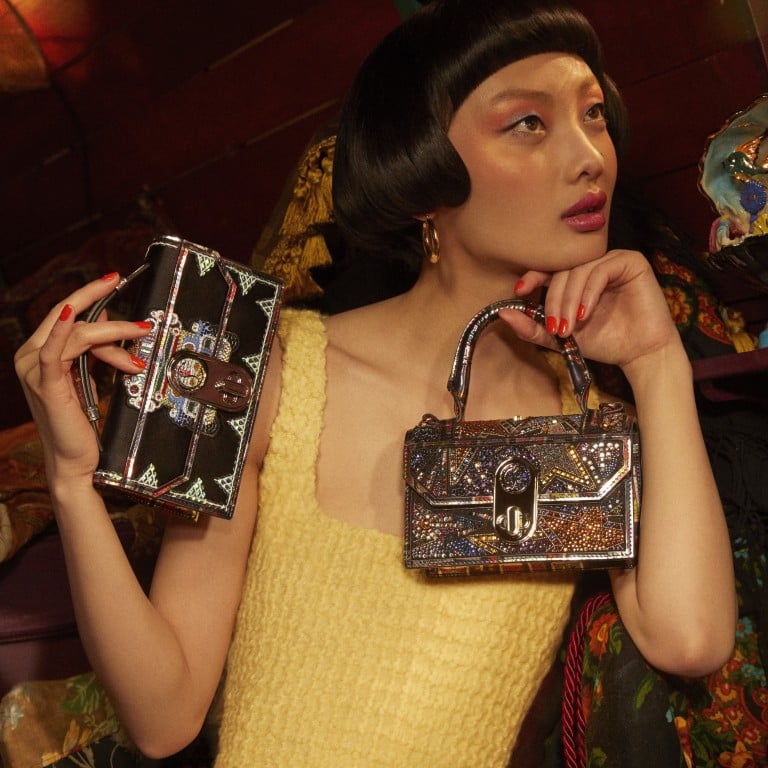
- Major luxury brands like Louis Vuitton, Loro Piana and Maison Margiela have launched services built on the Aura Consortium’s blockchain to allow customers to verify that their purchase isn’t a knock-off
- Clients can scan QR codes or tap smartphones on products with embedded NFC chips, which will show their authenticity certificates and even origins – but many are still sceptical about the technology
For almost a decade, I’ve been listening to digital prophets predict a future where banks save billions of dollars, customers can trace their mangoes back to the organic farm where they were grown, and financial intermediaries are a thing of the past, all thanks to the blockchain. I’ve been waiting for that future to arrive, but I’ve never come across it in my daily life.
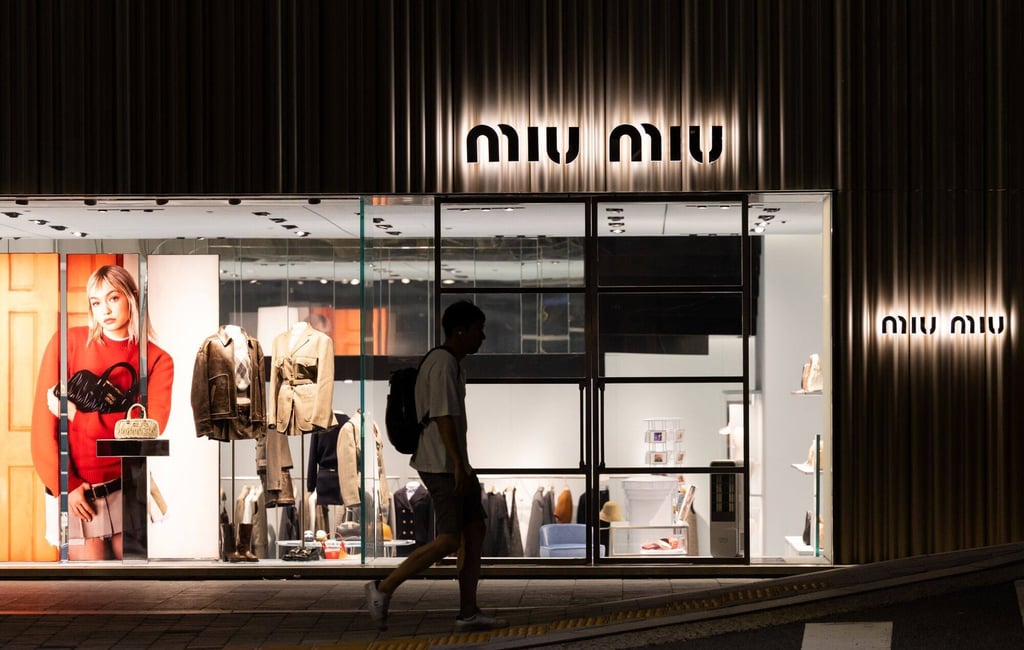
Imagine my surprise, then, when I encountered the word “blockchain” inside a Miu Miu bag.
I’d recently bought the bag, and a little white card was tucked away in a pocket. On the piece of 100 per cent recycled fibre, it read: “This authentic Prada product’s certificate has been uploaded on Aura Blockchain Consortium’s platform to record and guarantee its integrity.”
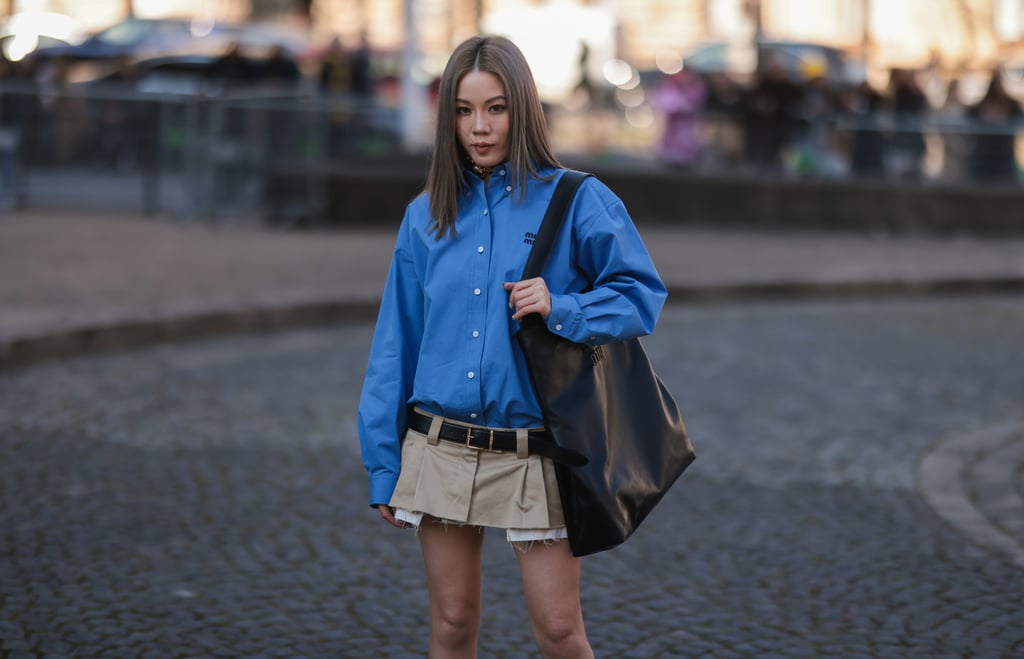
Miu Miu’s parent company, Prada Group, is one of several major luxury houses investing in hi-tech ways to track their most coveted and most expensive products. Over the past year, brands including Loro Piana, Louis Vuitton and Maison Margiela have launched services built on the Aura Consortium’s blockchain that allow customers to verify that their item isn’t a knock-off.
The rise in counterfeit luxury bags
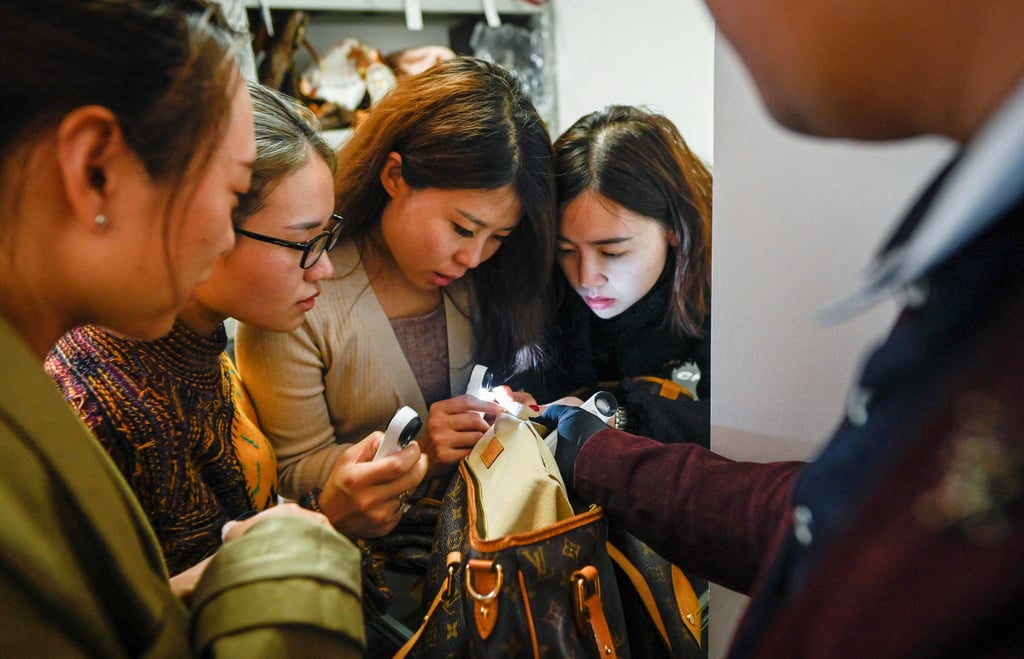
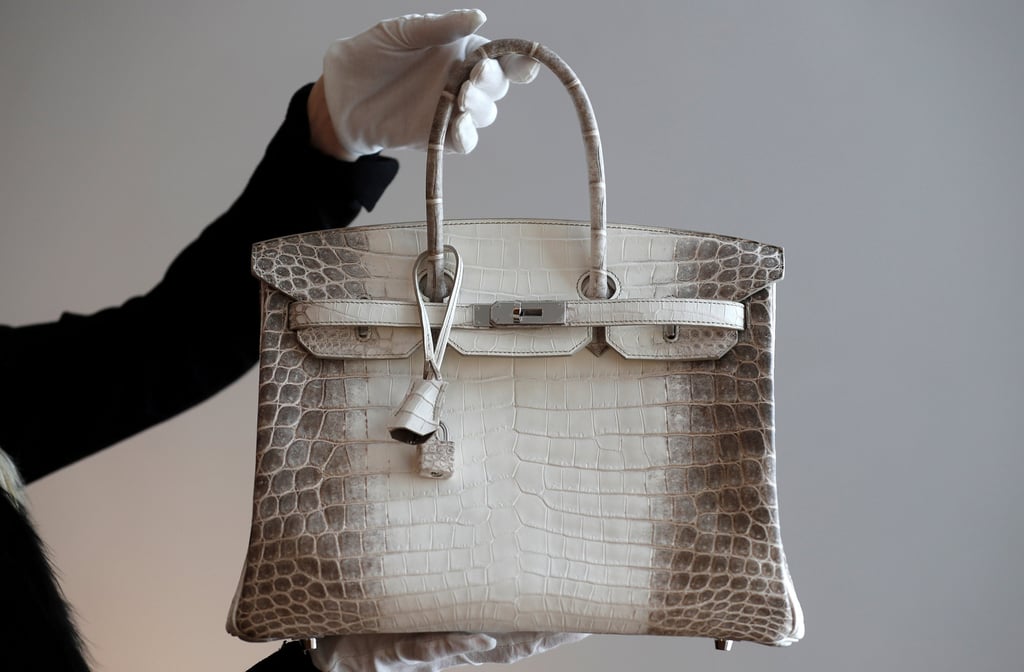
Blockchain technology is just one of the weapons deployed by the sector in a years-long battle against fakes. Recent efforts include Richemont’s new platform for sharing information about lost or stolen watches and jewellery, and LVMH-owned Patou launching an AI-based verification system called Authentique Verify.






